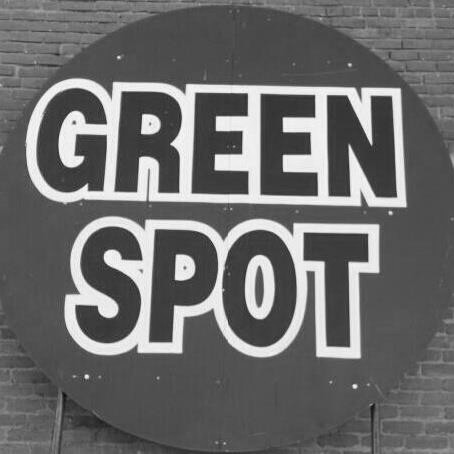Valley Gardening: Is glyphosate dangerous? Judge for yourself

Life is good in the neighborhood! I’m hearing that spring arrived and I forgot to celebrate with a shot of whiskey—or anything else! We just haven’t had winter yet, so I am still in that season, hoping for a foot of wet, sloppy snow every week for the next month. My phone is telling me we have a 50 percent chance of moisture next Tuesday, and 30 percent on Thursday. Wouldn’t that be grand?
Sue Robinson brought me an interesting editorial from the Wall Street Journal on “A Cancer Scare Defeat in California.” I will copy word for word a few of the statements in the editorial and if you want a copy please come and get one from me.
First—Judge William Shubb issued a preliminary injunction two weeks ago blocking California from compelling businesses to issue warnings about a chemical known as glyphosate. And---The Environmental Protection Agency has deemed that glyphosate is safe, and California’s Office on Environmental Health Hazard Assessment also found it “unlikely to pose a cancer hazard to humans.”
Next—In 2015 the France-based United Nations outfit (World Health Organization’s International Agency for Research on Cancer) claimed glyphosate is “probably carcinogenic.” Reuters later revealed that the U.N. agency ignored substantial evidence showing no link between glyphosate and cancer. The U.N. outfit is notorious for bad science. The group’s list of cancer risks includes eating red meat, French fries or “pickled vegetables (traditionally Asian),” drinking “very hot beverages,” using fluorescent lights, working the late shift, having your dentist fill a cavity, getting your hair colored, and using aloe, talc or Tylenol.
Finally—But assertions that glyphosate causes cancer are “misleading at best,” the judge wrote. “Providing false or misleading labels to consumers also undermines California’s interest in accurately informing its citizens of health risks at the expense of plaintiffs’ First Amendment rights.”
And now my two cents—glyphosate is more commonly known to many as Roundup, although there are many other products without the Monsanto connection. I have been using glyphosate for over 25 years. I don’t spray every week, or even every month. I spray to get rid of thistle, bindweed, white-top, grass around trees (eliminating the need for trimming), and for keeping grass out of a flowerbed.
I have tried a number of organic weed killers and in my opinion, none of them worked very well. I just don’t have time to weed. And I feel comfortable with how I spray. I respect your opinion if you don’t want to spray, and if you have time to weed. A summer or two ago a work group from the Midwest walked by the store on a Sunday—they were weeding the Boyd Garden up the road. What I overheard was, “why are we having to weed this garden again”? They were trying to get rid of bindweed. It just seems weird that they would be coming to Alamosa to weed a community garden?
All the above being said, I had two of my professional soil-type friends come in the store on Friday. One said glyphosate was worse than anyone ever thought, and the other friend said it all depends on how you use it, what you do—spot spraying vs. broadcast spraying, etc. I’m thinking that anyone can find an article that says totally the opposite of what I wrote above.
When you think about it, it’s the same with Cannabis. You can find an article to say whatever you want to put out there, if you look deep enough. Or guns, or smoking, or meth, or heroine. Read and study both sides and make an informed decision. On glyphosate too!
In closing, I am still collecting signatures to get the Rickey Recycling Area open longer hours. I’m almost to 200—guess I’m not the only one who feels that extended hours would be nice. Thank you everybody!



